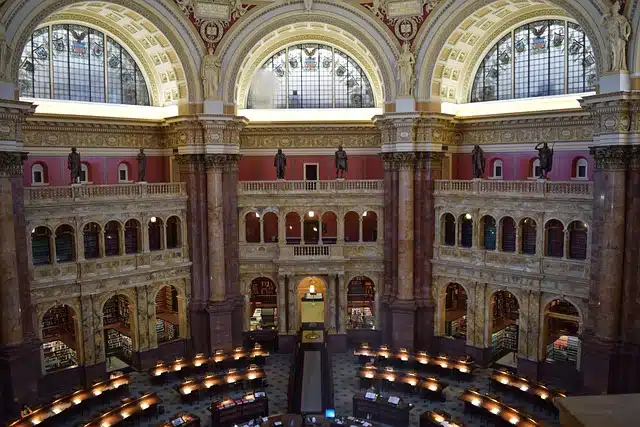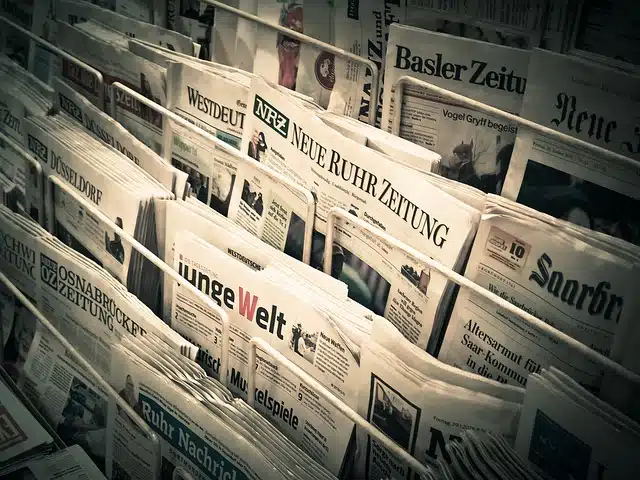
The sector that belongs to a government, or that supports it, is called the ruling party.
The concept of officialism is used in several Latin American countries to name the group of officials that are part of a certain government and the movement or ideas that support it.
Within the notion of ruling party, leaders, economists, journalists and political parties can be included. The ruling party defends the authorities in office and seeks to ensure that the ruling party remains in power .
Some examples where we find the concept: "The ruling party will support the bill that seeks to modify the foreclosure regime" , "I am outraged by the violent statements of the ruling party" , "The deputy left the opposition and joined the ruling party's bench." » .
The ruling party, something dynamic
Officialism, therefore, is not something static or something that is always linked to the same people or doctrines. A political party that is in government today and, therefore, is the ruling party, can lose the elections tomorrow and become the opposition . Likewise, the party that currently opposes the government is in a position to access power in the future and become the ruling party of the territory in question.
People, in fact, can modify their thinking and behavior and go from the ruling party to the opposition and vice versa without the government changing. Suppose that, in a country governed by the Socialist Party , a senator who supported the government's measures ends up disenchanted with the authorities and begins to support the projects of the Liberal Party . It could be said that he abandoned the ruling party and became an opposition politician.

There are media outlets that are related to the ruling party.
Dictatorship and media
It is important to note that in some countries leaders act in undemocratic ways , expressing a position that borders on the characteristics of a dictatorship (extortion, violence, censorship, etc.). In this type of government, the absolute obedience of the people is sought and to do so they use different non-democratic tools.
The hegemonic dominance of the media is one of the most used strategies, with dire consequences. In some countries, the fundamental media, in charge of disseminating information and showing reality to the people, tend to be in the hands of the official groups, of the party in power, and the information is therefore distorted based on the interests of said group. .
The term ruling party does not carry any positive or negative connotation. However, in colloquial speech, it is sometimes used derogatorily to refer to those media or entities that treacherously protect the rights and opinions of groups in power . It is often said "This newspaper is pro-government, you shouldn't read it," "I don't watch that channel because it is pro-government and tells what they want" and phrases like that.
Officialism and censorship
In general, those newspapers or television channels that receive a subsidy from the State, that is, they are considered to belong to the people, are usually controlled by the groups that hold power and always offer the official version of events. It is common that in countries where certain media outlets are controlled by the ruling party, the rest demonstrate against them and try to counteract disinformation with information.
However, when there is a state of dubious democracy, censorship appears. And in that case, the ruling party controls all the information that is published and blocks those news that oppose its points of view. In the event that there are journalists or media outlets that try to oppose these policies and, despite censorship, publish their version of the news, the ruling party usually resorts to more drastic methods of extortion and violence. Without a doubt, the media in the hands of the government is one of the greatest dangers to democracy.
